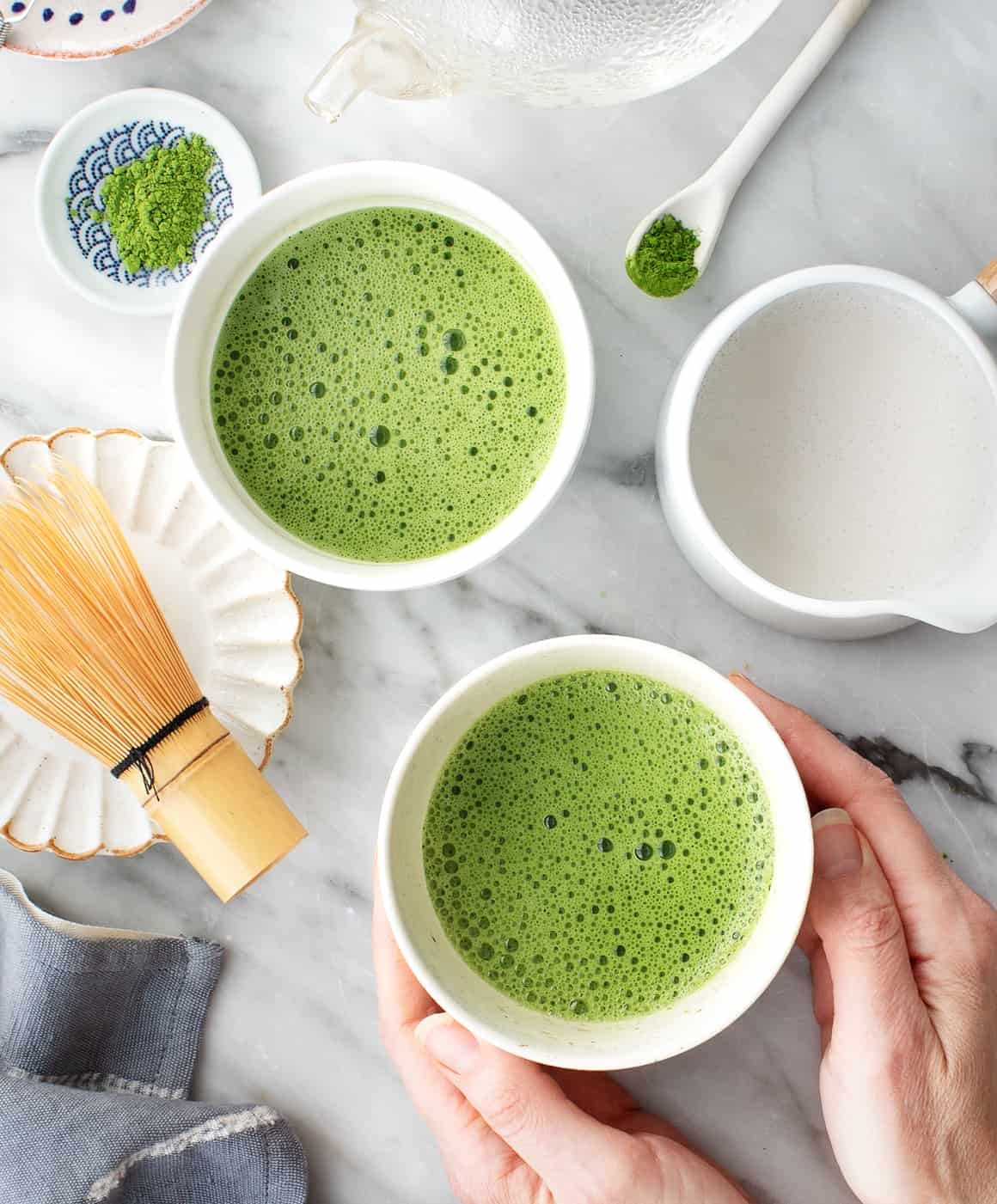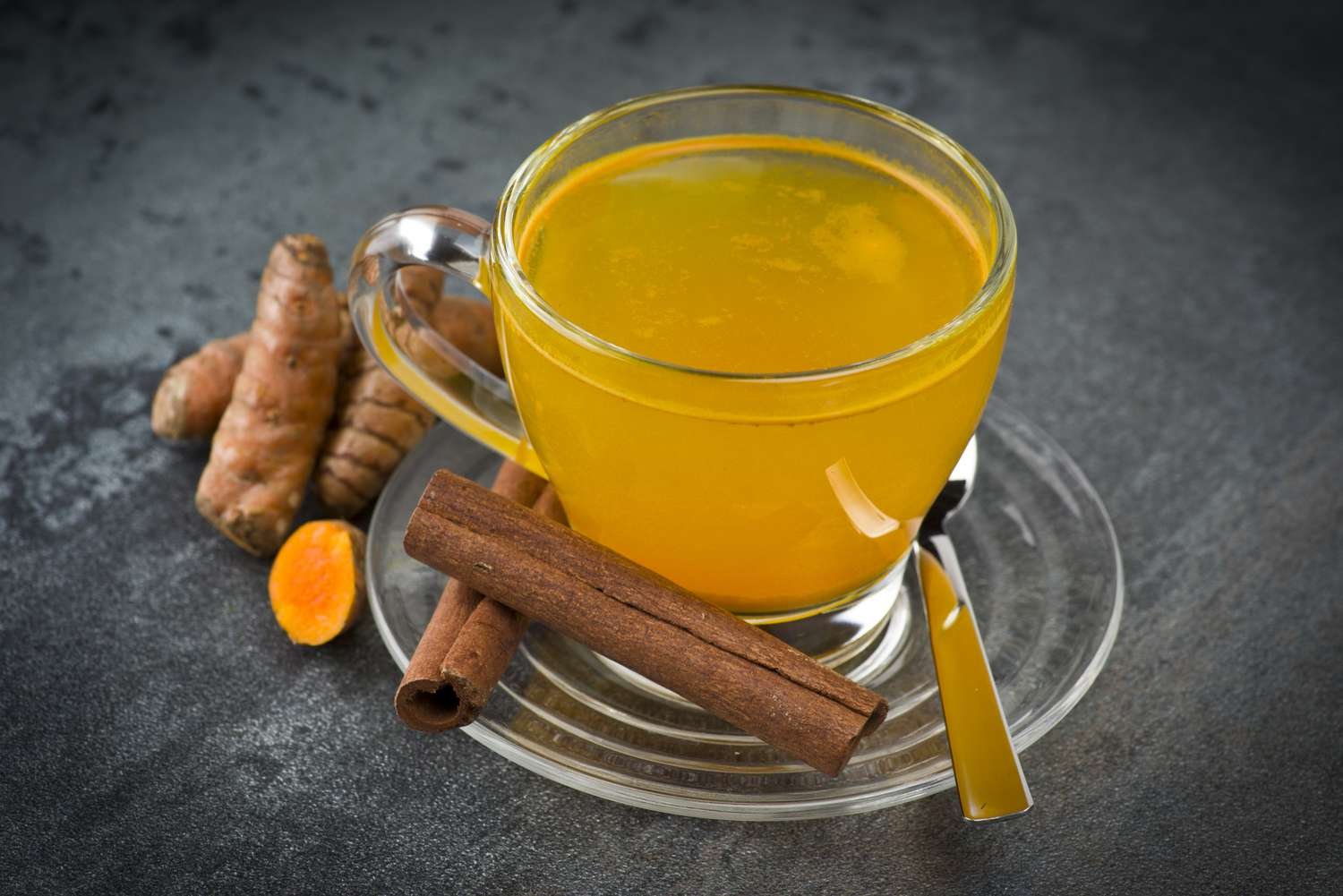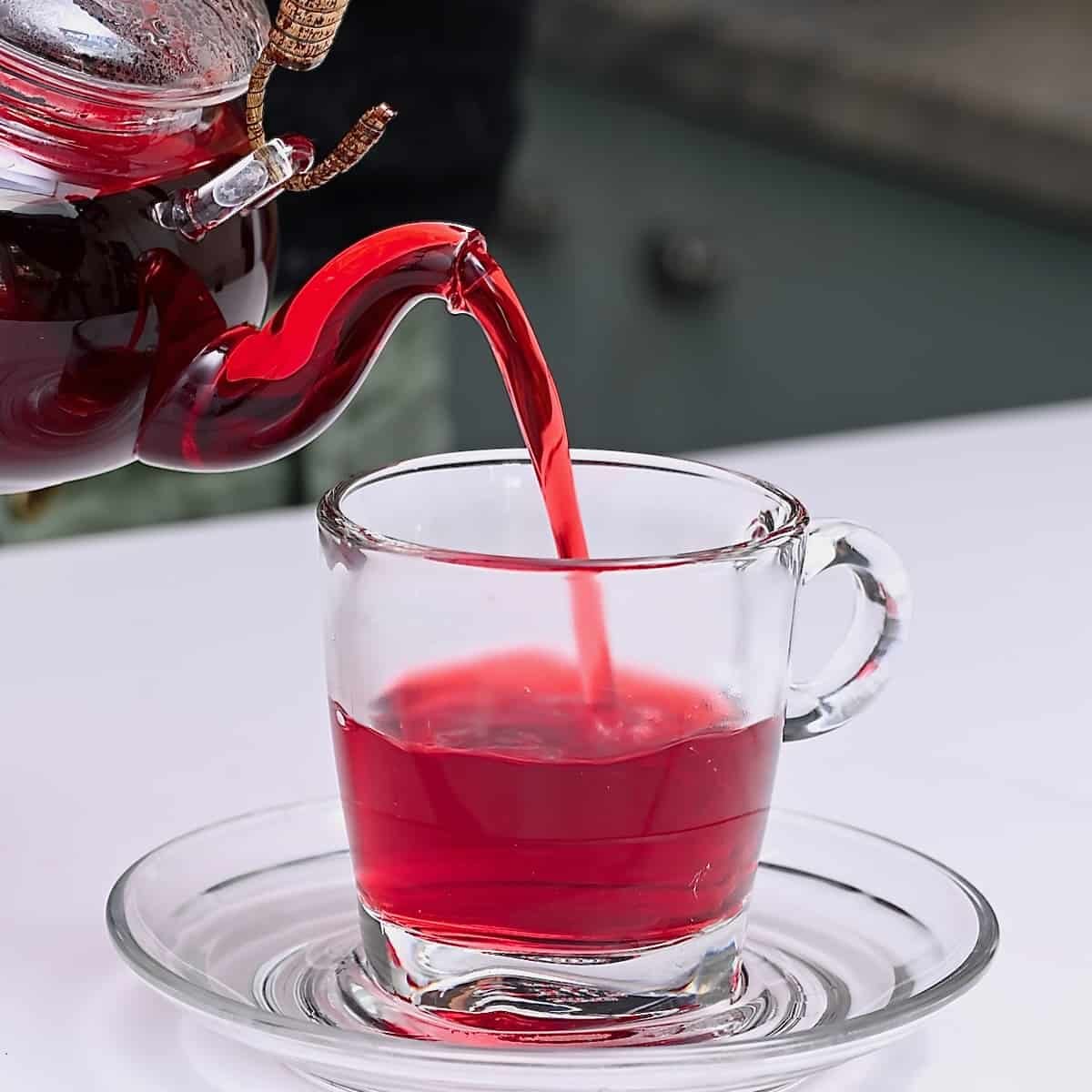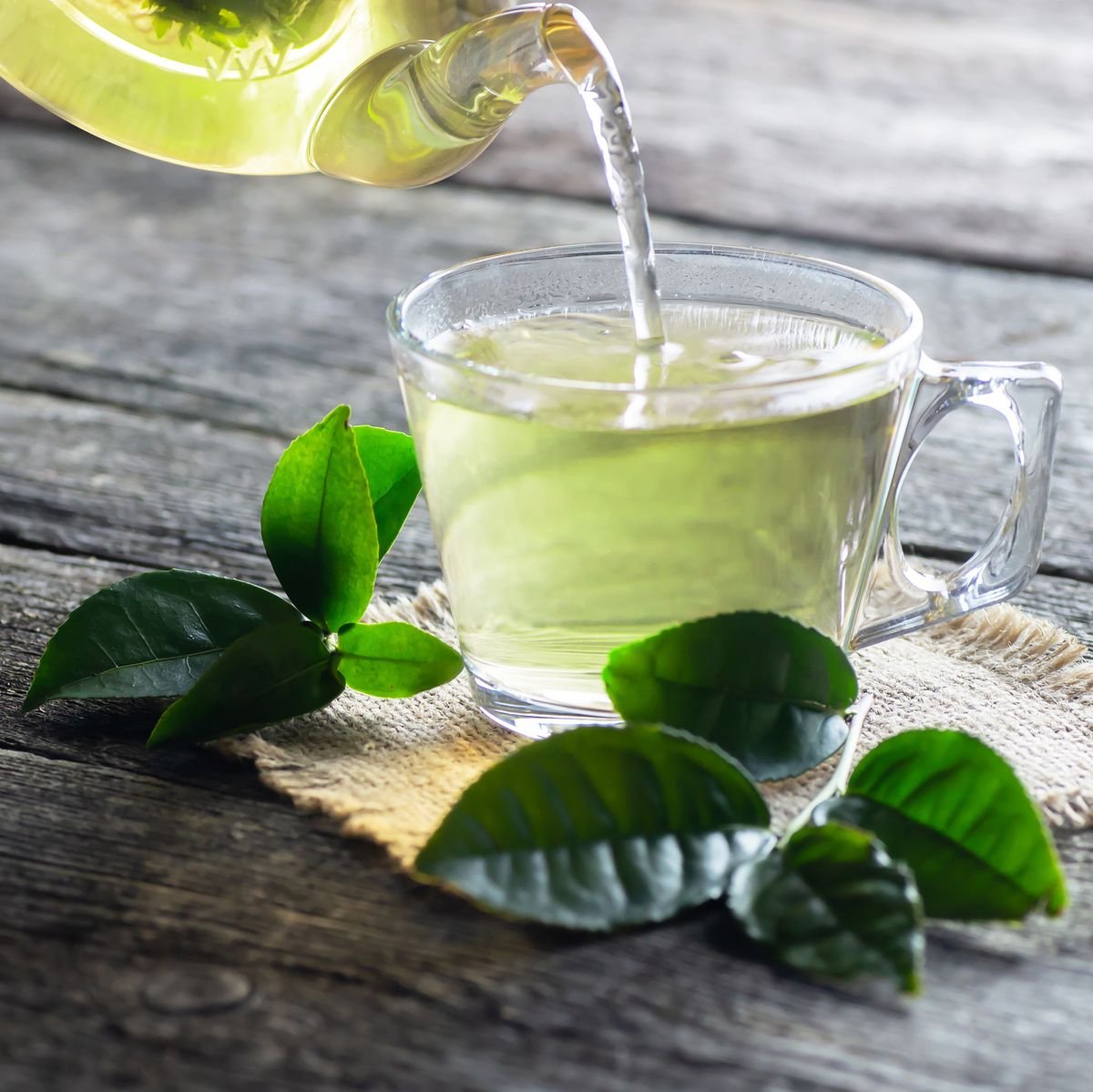
They say there’s nothing a cup of tea can’t fix, and there is some truth to that. With historical roots in East Asia, people of different cultures from around the world have been drinking tea for thousands of years. Science appears to support this practice.
While it might seem intuitive to reach for a cup of tea once you start feeling a sore throat, prevention truly is the best medicine. Pure teas are packed with immune-boosting antioxidants and nutrients, and herbal teas are filled with so many powerful spices, herbs, fruit, roots, and other ingredients that a cup of tea may be the remedy you need to boost and support your immune system. Drinking teas good for your immune system can help keep you protected from those pesky cold and flu bugs all year round!
What is Herbal Tea?
Despite the name, herbal tea is not actually “tea” as these beverages typically do not contain the leaves or leaf buds of tea plants. Herbal teas are made from tisanes, which are blends or infusions of dried fruits, flowers, spices, or herbs in water. Dieticians too often recommend herbal teas in moderation with medical approval as they can pose some risks to individuals with certain health conditions.
Here are the top teas for giving your immune system a boost, naturally.
Ginger Tea

Best known as a trusted nausea remedy, ginger tea has a spicy and full-bodied flavor. It contains the antioxidant gingerol, which is the main bioactive disease-fighting compound found in ancient ginger roots. Ginger also contains trace amounts of vitamins and minerals such as vitamins B3 and B6, iron, potassium, and vitamin C.
If you have a health condition or you are pregnant, consult with your doctor to determine whether drinking ginger tea is safe for you.
Ingredients:
- 2 tablespoons fresh ginger root (about 2 inches)
- 4 cups water
- 1 tablespoon fresh lime or lemon juice (juice of 1/2 lime or lemon), optional
- 1 to 2 tablespoons honey, to taste.
- You may add Turmeric or Mint for more flavor
Matcha Tea

Matcha is a type of green tea that is part of Japanese culture but has gained popularity worldwide. The difference between green tea and matcha green tea lies within cultivation and processing, where the green tea plant for the latter is grown away from sunlight. Matcha is known for being rich in antioxidants, specifically catechins, a type of polyphenols. Matcha tea may help reduce inflammation by fighting against free radicals. And keeping this cell damage to a minimum can help reduce your risk of developing chronic diseases.
Ingredients:
- 1 tsp matcha green tea powder
- 2 tsp sugar
- 3 tbsp warm water
- 250ml cold milk or 300ml hot milk
Turmeric Tea

Turmeric is used as a spice in cooking, but the powder, which is grated from the turmeric root, can also be consumed as tea when added to water. Turmeric is best known for curcumin, an active ingredient that gives it its signature orange-yellow color. Curcumin is believed to support the immune system by regulating the growth of immune-system cells and cancer-causing cells and reducing inflammation in the body, which may be beneficial to people who have arthritis and other inflammatory conditions. It is also noted to have antiviral and antimicrobial properties, and it’s traditionally used in some cultures for relieving cold and flu symptoms.
Ingredients:
- 1 tablespoon chopped fresh ginger (1/2 teaspoon ground ginger)
- 1 cinnamon stick
- 1/2 teaspoon lemon zest (or 1-inch piece of lemon peel)
- 4 teaspoons honey, to taste; divided
- Lemon wedges, for garnish.
Hibiscus Tea

Hibiscus tea is made from the brightly colored flowers of the hibiscus plant. Hibiscus tea offers antiviral and cardiovascular benefits, mainly due to the antioxidant “anthocyanins.” This herbal tea is effective against some strains of bird flu. A study showed hibiscus tea may help lower blood pressure and Bad Cholesterol. It is packed with antioxidants and also helps to reduce inflammation.
Ingredients:
- Place 1/4 cup dried hibiscus flowers in a quart-size Mason jar or pitcher.
- Pour in 4 cups of filtered water and stir.
- Chill in the refrigerator until the tea is bright red, at least 20 minutes. Let it chill overnight for a deeper color and flavor.
- Strain the mixture into a pitcher to remove the hibiscus petals.
Moringa Tea

A superfood frequently used in ayurvedic medicine, moringa is loaded with nutrients that are good for your immune system – and contains three times more iron than kale. In addition to being super high in antioxidants, moringa is naturally detoxifying, which helps you stay healthy. It also acts as an anti-inflammatory, plus is a natural antibacterial and antifungal, meaning that it can help to ward off infections.
Ingredients:
- 1.5 tablespoons moringa powder
- 3 cups cashew milk
- 2 teaspoons maple syrup
- 2 teaspoons coconut oil
Green Tea

Mild, bittersweet green tea is a rich source of catechins. Catechins are polyphenols that have an overall positive benefit to wellness and are notable antioxidants. This caffeine-rich beverage is also a dietary supplement that may improve mental alertness, relieve digestive symptoms and headaches, and help with weight loss, boost immunity, heart health, and aid in glowing skin.
Ingredients:
- Three cups of filtered water
- Four green tea bags
- One tablespoon of ginger root, peeled and thinly sliced
- Two tablespoons fresh lemon juice, plus four slices for garnish
- Two tablespoons honey




